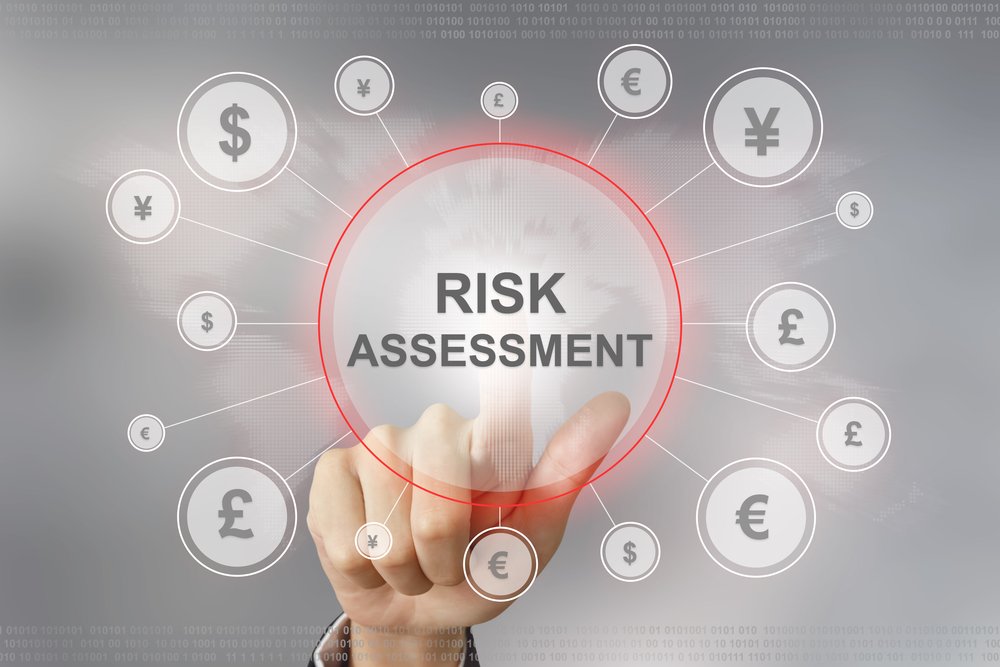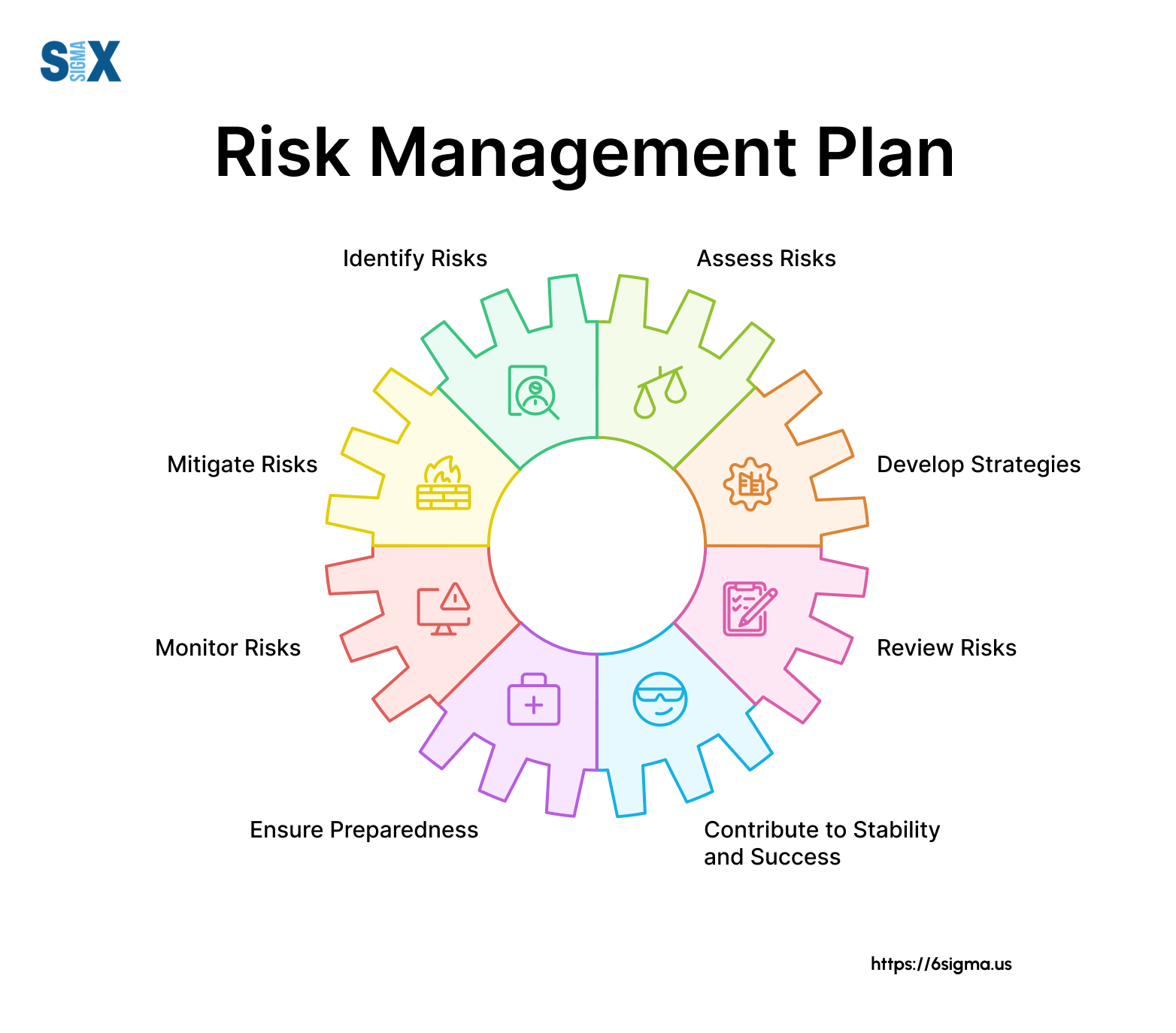Exploring the Sustained Benefits and Importance of Risk Management for New Businesses
Exploring the Sustained Benefits and Importance of Risk Management for New Businesses
Blog Article
The Critical Relevance of Risk Management in Achieving Business Goals
In the rapidly progressing business landscape, the ability to navigate unpredictability has actually become a necessary. This is where Risk Management action in, supplying a structured technique to determining, analyzing, and mitigating potential obstructions to proceed. It's even more than just a protective step - it's a critical device, cultivating resilience and technology. As we check out the important duty of Risk Management in achieving business goals, one can not assist but ask yourself: how does this convert right into real-world success?
Comprehending the Principle of Risk Management in Business

The Important Duty of Risk Management in Strategic Preparation
Integrating Risk Management into strategic planning functions as a secure for companies, securing their long-term plans with a solid structure of readiness and strength. It operates as the company's radar, identifying prospective hazards and susceptabilities that could disrupt the course towards achieving their specified goals. Risk Management offers a structure for anticipating unpredictabilities and designing suitable actions, making certain the company's survival and success even when faced with misfortune. By including Risk Management into critical preparation, organizations can change these uncertainties right into chances for growth and innovation. This critical interweaving of Risk Management cultivates adaptability, making organizations more durable and enabling them to browse the ever-changing business landscape with confidence. Consequently, Risk Management comes to be an important device in critical preparation, instrumental in protecting sustainable success.

Techniques for Identifying, Assessing, and Prioritizing Threats
Navigating the complicated landscape of risks needs the application of particular techniques for their prioritization, recognition, and analysis. The process starts with Risk recognition, using tools such as SWOT analysis, which aids in identifying possible risks and chances. Next off, Risk evaluation is performed to determine the prospective effect and likelihood of each Risk. Devices such as Risk matrices and impact-probability charts are made use of for this. Threats are browse this site focused on based on their possible effect and probability, enabling organizations to concentrate their sources on high-priority dangers. This methodical approach makes sure a thorough understanding of the Risk landscape, making it possible for companies to make educated decisions and successfully handle dangers to achieve their goals - importance of risk management.
Guarding Business Operations Through Efficient Risk Management
In the business landscape laden with uncertainties, reliable Risk Management plays an essential function in safeguarding business operations. It acts as a protective guard, mitigating the unfavorable results of potential risks and ensuring the smooth functioning of all procedures. By recognizing and assessing potential dangers, Risk Management enables organizations to develop durable backup strategies. This preventative technique aids in maintaining functional stability, even when faced with unexpected circumstances. Fundamentally, Risk Management is the lifeline that keeps the business operations afloat amidst turbulent waters. It makes certain not only the survival yet the sustainable development of an organization, making it a crucial tool in achieving business goals. Organizations have to spend in extensive Risk Management strategies to safeguard their operations.

Converting Potential Risks to Opportunities: The Power of Risk Management
While potential risks may originally look like barricades to organizational success, reliable Risk Management can change them right into possibilities. An aggressive technique to risk Management entails determining, evaluating, and prioritizing threats to create methods that turn them right into possible benefits. This process requires the development of a risk-aware culture within the organization, motivating individuals to check out risks as prospective catalysts for adjustment and development, instead of simple threats. importance of risk management. Via this lens, potential hazards become opportunities to introduce, enhance processes, and reinforce resilience. Therefore, by leveraging the power of Risk Management, organizations can not just guard their operations however additionally stimulate growth and additional resources accomplish their goals in an unpredictable service setting.
Case Studies: Success Stories of Risk Management Driving Service Objectives
Successful implementation of Risk Management strategies has actually produced excellent results in different services, underscoring the advantages of this method. International companies like Microsoft and Google, for instance, have actually leveraged Risk Management to decrease risks and manipulate opportunities, driving their business goals ahead. These examples show exactly how effective Risk Management can not only steer organizations clear of potential challenges but additionally lead them in the direction of their critical goals.
Conclusion
To conclude, Risk Management is fundamentally vital in accomplishing organizational goals. It supplies a methodical technique to recognizing, examining, and dealing with possible hazards and chances. Greater than just mitigating threats, it additionally promotes innovation, resilience, and sustainable growth. By integrating Risk Management right into strategic preparation, services can much i thought about this better navigate unpredictabilities, safeguard operations, and capitalise on opportunities, consequently aligning with long-lasting purposes.
At its core, Risk Management is the procedure of recognizing, assessing, and addressing possible dangers that can negatively affect a company's goals or operations. Next, Risk evaluation is carried out to determine the prospective effect and possibility of each Risk. Risks are prioritized based on their prospective effect and chance, enabling organizations to focus their sources on high-priority threats. By recognizing and evaluating potential risks, Risk Management enables companies to establish robust backup strategies. A proactive method to risk Management includes determining, analyzing, and prioritizing threats to devise approaches that transform them into possible advantages.
Report this page